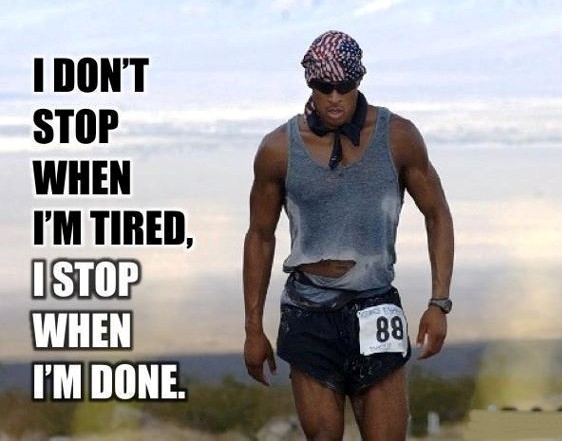Positive Leadership Limited is a strategic leadership and corporate finance advisory firm. We use our considerable experience to provide unique perspectives and innovative solutions which help corporate leaders unlock maximum value from complex business challenges. There is no dress rehearsal for delivering answers to critical business challenges. When you are under intense pressure to succeed, we help deliver the vitally important marginal gains which let your business excel and win.
Tuesday, July 31, 2012
Positive Leadership: Developing Mental Toughness
Monday, July 30, 2012
Positive Leadership: Why Do Some People Become Heroes?
Positive Leadership: Why Do Some People Become Heroes?
Friday, July 27, 2012
Positive Leadership: Learn from the Best
Positive Leadership: Learn from the Best

Thursday, July 26, 2012
Positive Leadership: The 'Secret' of Olympic Success
Positive Leadership: The 'Secret' of Olympic Success
Wednesday, July 25, 2012
Positive Leadership: The Importance of Education
Positive Leadership: The Importance of Education

Tuesday, July 24, 2012
Positive Leadership: An Olympian's Guide to Leadership
Positive Leadership: An Olympian's Guide to Leadership
Monday, July 23, 2012
Positive Leadership: Leadership Lessons from Musical Ensembles
Positive Leadership: Leadership Lessons from Musical Ensembles

Saturday, July 21, 2012
Positive Leadership: #Olympic Preparation
Watch this interview with Dutch Olympic Swimmer Ranomi Kromowidjojo about training and inspiration.
Positive Leadership: #Olympic Preparation

Friday, July 20, 2012
Positive Leadership: Elite Athletes and Successful Goal Setting
Positive Leadership: Elite Athletes and Successful Goal Setting
Thursday, July 19, 2012
Positive Leadership: Courageous Leaders Apologise!
Positive Leadership: Courageous Leaders Apologise!

Positive Leadership: Our Offer to You
Positive Leadership: Our Offer to You
Wednesday, July 18, 2012
Positive Leadership: Three Pitfalls Start-Up Founders Must Avoid
Positive Leadership: Three Pitfalls Start-Up Founders Must Avoid
Tuesday, July 17, 2012
Positive Leadership: The Success Formula Behind Lady Vol Athletics
Positive Leadership: The Success Formula Behind Lady Vol Athletics

Monday, July 16, 2012
Positive Leadership: The OODA Loop
Positive Leadership: The OODA Loop
Friday, July 13, 2012
Positive Leadership: American Influence in the 21st Century
Positive Leadership: American Influence in the 21st Century
Thursday, July 12, 2012
Wednesday, July 11, 2012
Positive Leadership: Why We Lie
Positive Leadership: Why We Lie

Tuesday, July 10, 2012
Positive Leadership: Improving Your Return On Luck
Positive Leadership: Improving Your Return On Luck
Monday, July 09, 2012
Positive Leadership: Training for Mental Toughness
Positive Leadership: Training for Mental Toughness
Saturday, July 07, 2012
Positive Leadership: Winning at the Olympics
Positive Leadership: Winning at the Olympics
Friday, July 06, 2012
Positive Leadership: Maintaining a Winning Approach
Positive Leadership: Maintaining a Winning Approach
Thursday, July 05, 2012
Positive Leadership: The Importance of Values Based Leadership
Positive Leadership: The Importance of Values Based Leadership
Wednesday, July 04, 2012
Positive Leadership: The Path to Peak Performance
Everyone can 'shine'!
Positive Leadership: The Path to Peak Performance
Positive Leadership: Barclays, Values and Integrity
Positive Leadership: Barclays, Values and Integrity
Positive Leadership: Leadership Lessons from the Barclays Scandal
Positive Leadership: Leadership Lessons from the Barclays Scandal
Tuesday, July 03, 2012
Monday, July 02, 2012
Positive Leadership: Bankers Need A Moral Compass
Positive Leadership: Bankers Need A Moral Compass
























